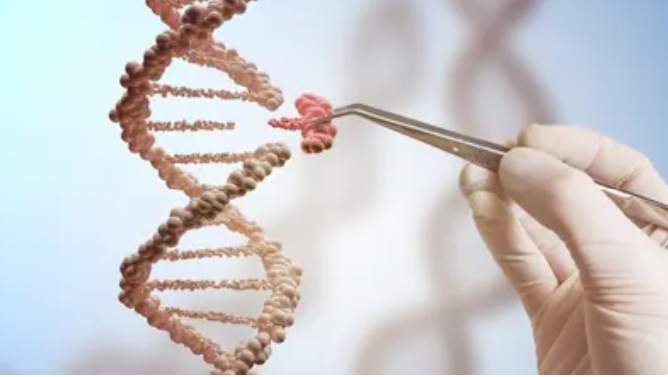A new variant of Lenacapavir, a drug used to treat multi-resistant HIV, could soon be available in the world’s poorest countries, with a global rollout expected by the end of 2025 or early 2026. The innovative new formulation offers a year-long active potency and has shown promise in preventing HIV infection. Lenacapavir is already approved for use in the United States, where it costs around $42,250 for the first year of therapy. Recent clinical trials have demonstrated its effectiveness in preventing HIV transmission.
Gilead Sciences, the company behind Lenacapavir, is currently seeking approval for the injectable version of the drug from the United States Food and Drug Administration (FDA) and the World Health Organization (WHO) to enable global distribution.
Challenges to Global Access
Hui Yang, head of supply operations at the Global Fund to Fight AIDS, Tuberculosis, and Malaria, highlighted that the widespread availability of Lenacapavir hinges on receiving necessary approvals from both the FDA and WHO. Yang expressed concerns over low- and low-middle-income countries potentially being left behind in accessing the drug. “We don’t want these countries to be at the back of the line when approvals are granted,” Yang stated, emphasizing the importance of equitable access to life-saving medicines.

Efforts to Ensure Affordability
To address the high cost of Lenacapavir, the Global Fund has announced a partnership with the United States President’s Emergency Plan for AIDS Relief (PEPFAR), as well as funding from the Children’s Investment Fund Foundation and the Bill and Melinda Gates Foundation. This collaboration aims to ensure affordable access to Lenacapavir in the countries where they operate, starting “from day one.” While the details of the partnership remain unclear, the goal is to provide access to at least two million people over the next three years.
In October, Gilead signed agreements with six generic drug manufacturers to produce and distribute more affordable versions of Lenacapavir in 120 low- and middle-income countries. However, this move has faced criticism for excluding certain countries, particularly in Latin America.
Gilead’s CEO, Daniel O’Day, expressed confidence that the partnership with generic producers would accelerate access to Lenacapavir and help bring the drug to more people who need it. Despite the lack of a formal deal between the Global Fund and Gilead or its generic partners, officials have pledged to collaborate with all stakeholders involved to ensure the widest possible access to the treatment.



